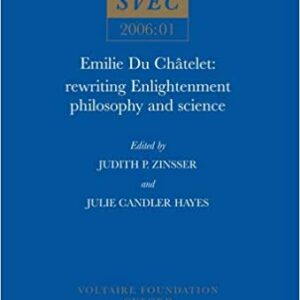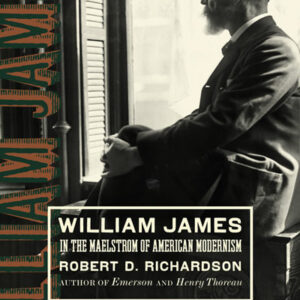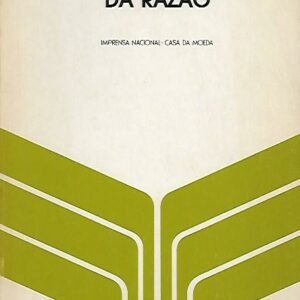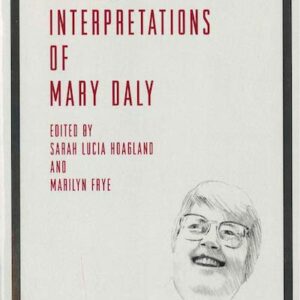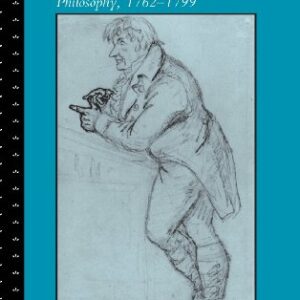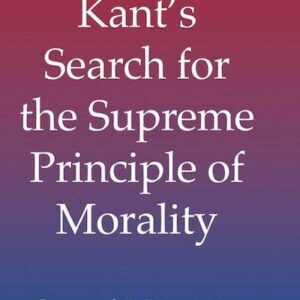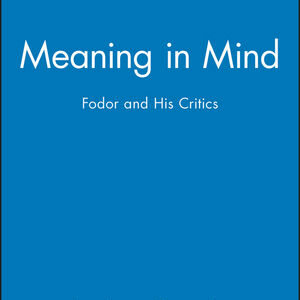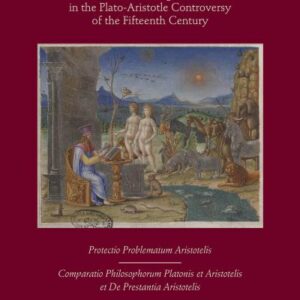
Vindicatio Aristotelis: Two Works of George of Trebizond in the Plato-Aristotle Controversy of the Fifteenth Century
By George of TrebizondEdited and translated by John Monfasani (NHC Fellow, 2011–12) The Greek philosopher George of Trebizond started the Plato-Aristotle Controversy of the Renaissance with two works published in Rome in the late 1450s. The first was his  Protectio Aristotelis Problematum (The Protection of Aristotle’s Problemata), which was as much a treatise on translation as it was a polemic in … Continued
